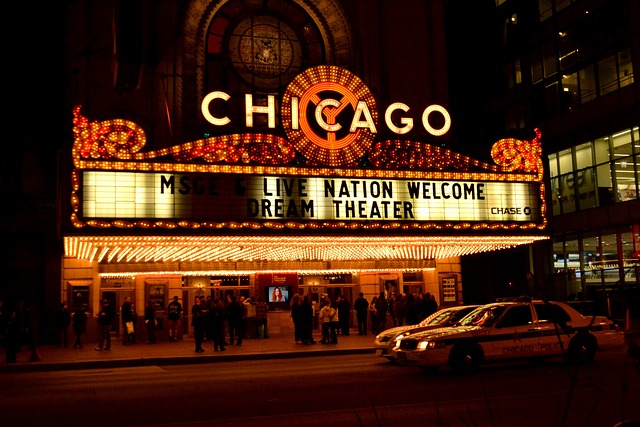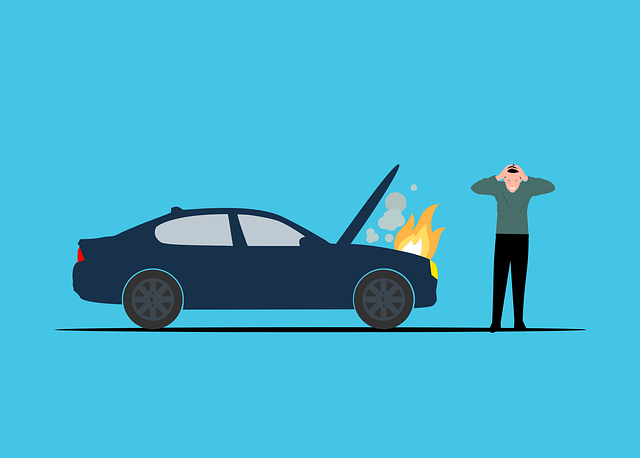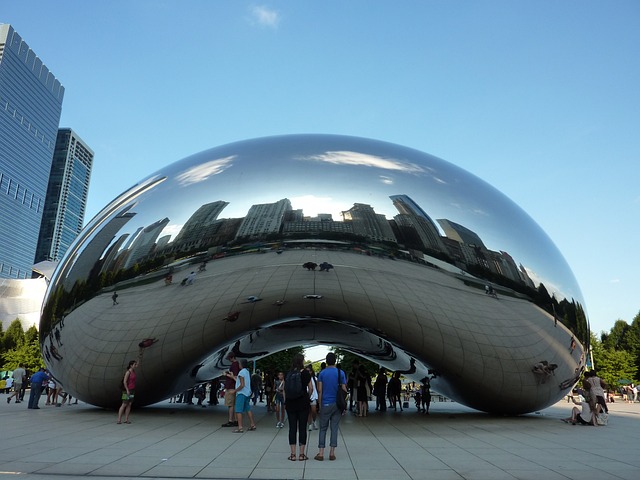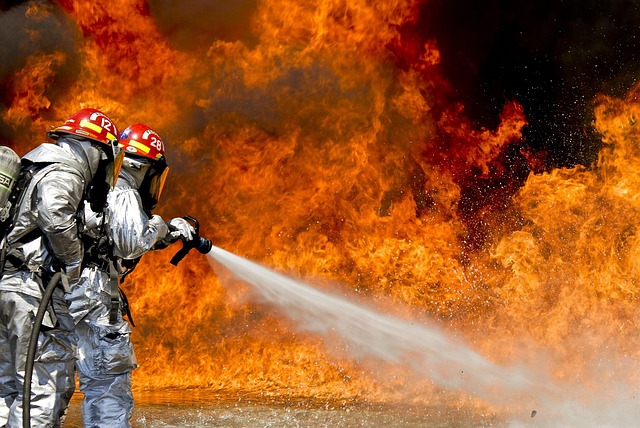Fire damage significantly impacts a home's value and marketability, especially in competitive markets like Chicago. When selling or buying, understanding the fire damage assessment process is crucial. Certified professionals inspect properties, disclose known damage, and guide buyers based on repair costs or emotional connections. In Chicago, historical fire records help assess property values by revealing neighborhood trends over time. Legal considerations include specific regulations, accurate disclosure reports, and potential inspections. Homeowners must choose between restoration or reconstruction, affecting buyer appeal. Recently, there's a surge in demand for properties with fire damage in Chicago, transforming the market into a vibrant collection of renovated homes.
“In the aftermath of a fire, Chicago homeowners often find themselves navigating uncharted territory when considering the sale of their property. This comprehensive guide delves into the intricate process of selling a burned house in Chicago, exploring key aspects like fire damage assessment, historical records’ influence on property value, legal requirements, and cost-time frameworks for restoration versus reconstruction. Additionally, we analyze market trends and buyer preferences for damaged properties, providing essential insights for both sellers and real estate professionals.”
- Understanding Fire Damage Assessment in Chicago Real Estate
- The Impact of Historical Fire Records on Property Value
- Legal Considerations for Selling a Burned House in Chicago
- Restoration vs. Reconstruction: Costs and Time Lines
- Market Trends and Buyer Preferences for Damaged Properties
Understanding Fire Damage Assessment in Chicago Real Estate
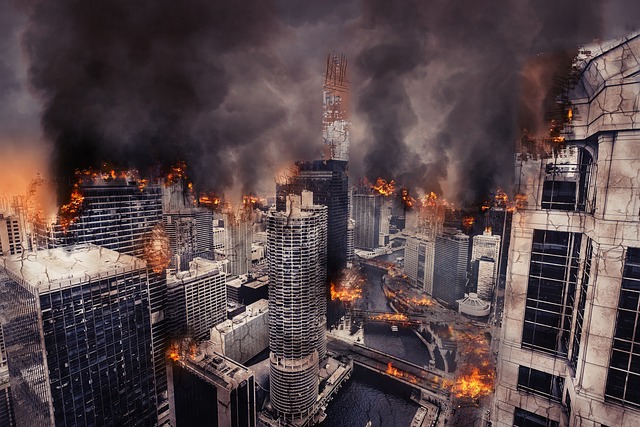
Fire damage can significantly impact a home’s value and marketability, especially in competitive markets like Chicago. When a buyer considers purchasing a house with fire damage in Chicago, understanding the assessment process is crucial. Fire damage assessment involves a thorough inspection of the property by certified professionals who evaluate the extent of destruction and determine the cost of repairs needed to restore the home to its pre-fire condition.
In Chicago real estate, sellers must disclose any known fire damage and provide relevant documentation to potential buyers. This transparency ensures that both parties have accurate information about the property’s current state. Buyers can then make informed decisions by comparing the assessed repair costs with similar properties in the area or considering the emotional attachment to the house despite its history of fire damage.
The Impact of Historical Fire Records on Property Value
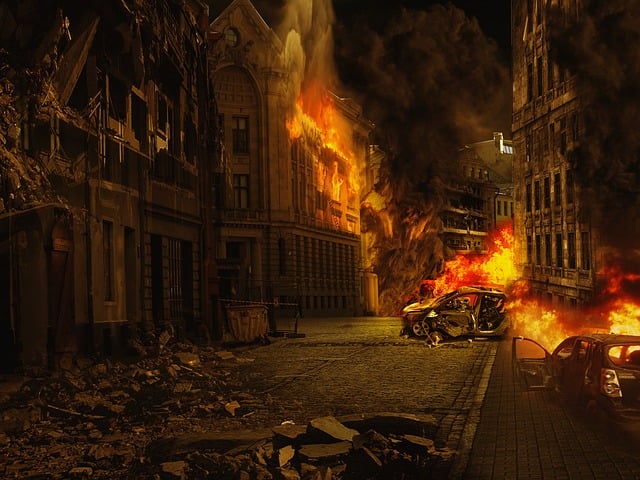
In Chicago, historical fire records play a significant role in understanding and assessing property values, especially for homes that have experienced fire damage. These records provide valuable insights into the frequency and severity of fires in specific neighborhoods over time. For potential buyers considering a selling house with fire damage Chicago, this data can be instrumental in making informed decisions. By analyzing historical trends, they can gauge the risk of future fires and assess whether the property’s value has been negatively impacted by past incidents.
For instance, areas with a history of frequent or severe fires might see lower property valuations due to the inherent risks associated with such events. Conversely, neighborhoods with well-documented successful fire prevention measures and minimal historical damage could command higher prices. Understanding these patterns helps buyers navigate the market, negotiate prices, and make strategic choices when purchasing a home in Chicago, particularly those that have been affected by fires.
Legal Considerations for Selling a Burned House in Chicago
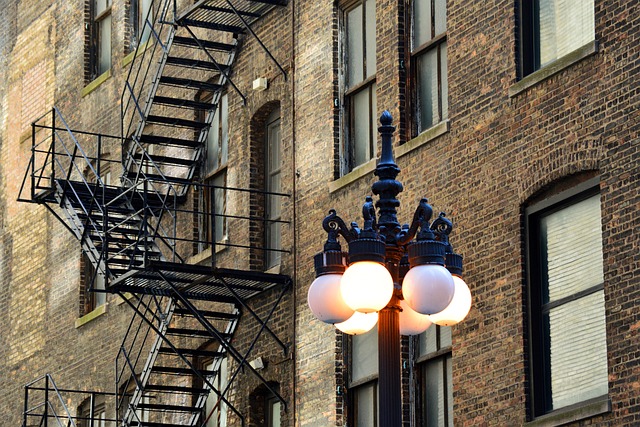
When selling a burned house in Chicago, there are several legal considerations to keep in mind, especially due to the unique circumstances surrounding fire damage. The first step for homeowners is to understand the extent of the damage and any potential liability associated with it. In Chicago, real estate transactions are governed by specific laws and regulations that dictate how such properties can be sold, ensuring transparency and protecting buyers’ rights.
Homeowners must disclose any known issues, including fire damage, in detail. This information should be made available to potential buyers through a Property Disclosure Report. It’s crucial to accurately represent the property’s current state to avoid legal complications later. Additionally, buyers will likely want to conduct their own inspections to assess the damage and determine if repairs are feasible or if the cost of renovation is too high. Legal counsel can guide homeowners on navigating these processes effectively and ensuring a smooth sale, even after a house has been affected by fire damage.
Restoration vs. Reconstruction: Costs and Time Lines

When buying a burned-out house in Chicago, one of the primary concerns is whether to restore or reconstruct. Restoration involves repairing and revitalizing the existing structure, focusing on minimizing fire damage while maintaining the home’s original character. This process can be more cost-effective, especially if the building has structural integrity. However, it requires meticulous planning and craftsmanship to blend new elements seamlessly with old ones.
Reconstruction, on the other hand, entails building a new house on the same footprint, essentially starting from scratch. While it offers a clean slate and the opportunity to incorporate modern amenities, it significantly increases both time and financial investments. Selling a house with fire damage in Chicago often hinges on these decisions, as potential buyers weigh the costs against the benefits of a restored or reconstructed property.
Market Trends and Buyer Preferences for Damaged Properties
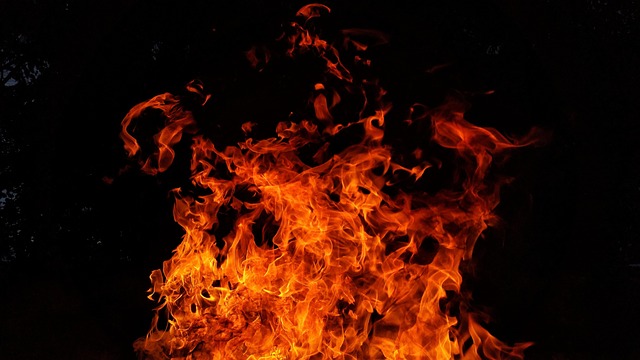
In recent years, there has been a notable shift in the real estate market trends across Chicago, particularly regarding burned houses. The demand for properties that have sustained fire damage has surprisingly increased, challenging traditional buyer preferences. This phenomenon can be attributed to several factors. Many investors and first-time buyers are recognizing the potential hidden gems within these damaged structures, often overlooking the initial shock of the destruction. Selling a house with fire damage in Chicago has become a lucrative opportunity for those willing to embrace the transformation.
Buyer preferences for such properties are evolving, with some seeing past the charred exterior and focusing on the underlying value. The reconstruction process offers an exciting chance to create modern, unique homes tailored to individual tastes. As a result, real estate agents in Chicago have been reporting higher interest from buyers seeking to renovate and refurbish these damaged properties, further fueling the market trend. This shift in preference has led to a vibrant and diverse range of renovated homes, adding a new dimension to the city’s real estate landscape, especially for those who appreciate the art of restoration.
Buying a burned house in Chicago involves navigating complex considerations, from understanding fire damage assessment and legal aspects to market trends. However, with proper knowledge and strategic planning, these challenges can be transformed into opportunities. By considering restoration vs. reconstruction costs and timelines, prospective buyers can make informed decisions in the competitive Chicago real estate market. Remember that, in light of historical fire records influencing property values, being well-informed is key when selling a house with fire damage in Chicago.

